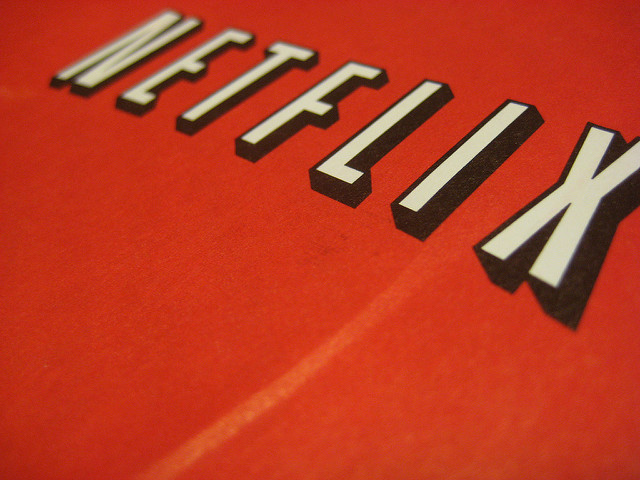
Enjoyed by over 50 million subscribers, Netflix is best known for affordable and convenient online streaming of our favorite movies and TV shows. Sadly, their popularity has made them a target on the government taxation radar.
Thanks to what has been dubbed as the ‘Netflix tax’ – a tax on online streaming services – some Americans are now seeing an increase in their monthly Netflix bill. To date, this new tax is levied in Chicago, North Carolina, Pennsylvania, Washington, and Florida. A Netflix tax passed in Kentucky in 2015, though it was later nullified, and Alabama, Louisiana, Maine, West Virginia, and a handful of California cities have considered implementing this tax in recent years.
Nationwide, lawmakers would be wise to avoid this trend. In addition to the immediate financial harm the Netflix tax would inflict on consumers – higher priced TV and movie streaming – it would also result in a number of other negative consequences.
For one, businesses could decide to offset some of the compliance costs associated with the tax, which could impact wages or jobs. Businesses may also be forced to cut investments in future technology, depriving Americans of newer, better digital goods.
Along with stifling innovation and economic impacts, the Netflix tax is also likely to result in taxpayers footing a costly legal challenge. Indeed, this is the case in Chicago, where the Entertainment Software Association (ESA) has filed suit against the city’s Netflix tax, citing that it violates the Internet Tax Freedom Act (ITFA).
Similarly, the state of Kentucky also faced legal challenges over its Netflix tax in 2015 and lost, with the court ruling the state could not tax Netflix on the basis that the state cannot treat a digital streaming service the same way as traditional television services.
It is simply illogical to implement a tax that raises constitutional questions and is likely to be overturned.
Finally, it is also important ask the question: Where does it end? These days, books, music, games and greeting cards are all accessed more easily over the Internet. If revenue hungry lawmakers start taxing Netflix today, what will they go after tomorrow? Netflix spokesman, Jonathan Friedland, commented on the issue stating “Our view is that it is a dangerous precedent to start taxing Internet apps and websites using laws intended for utilities like water and electricity.”
The Netflix tax is a disturbing encroachment by big government into American lives. Even California Assemblymember Sebastian Ridley-Thomas (D – 54th District) wants lawmakers to think twice before slapping a tax on Netflix. His AB 252, also known as the ‘Stream Act’, would have prohibited cities from implementing such taxes until 2023.
Taxing Netflix and other streaming services not only sets a dangerous precedent that threatens further government intrusion and taxation of online entertainment services, but also makes it increasingly easier for lawmakers to justify targeting more services and products that consumers rely on everyday.
Photo credit: Jenny Cestnik

